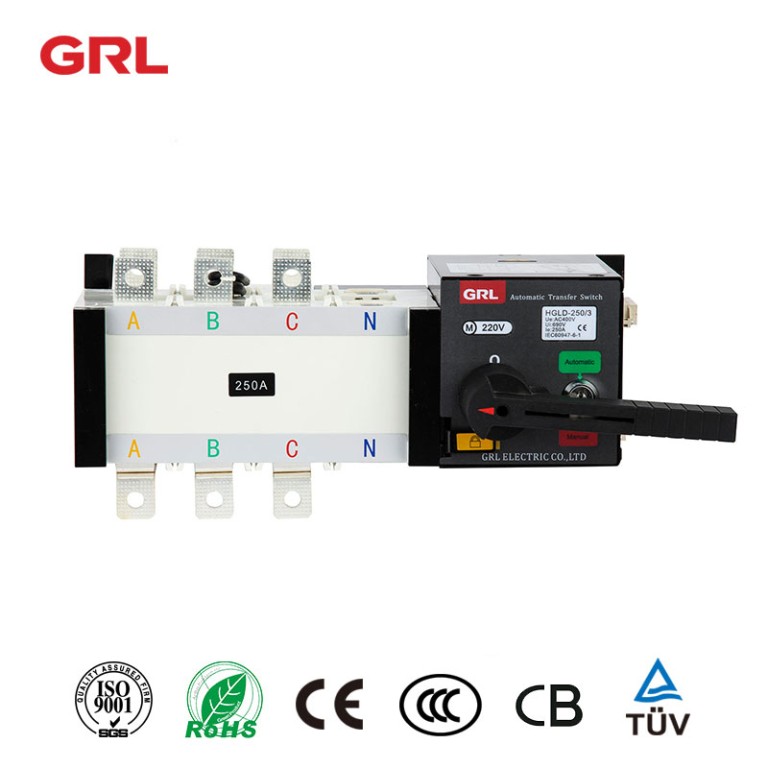
# Automated Trading System: Revolutionizing Financial Markets
The Rise of Automated Trading Systems
In recent years, Automated Trading Systems (ATS) have transformed the landscape of financial markets. These sophisticated computer programs execute trades based on predefined rules and algorithms, eliminating human emotions and errors from the trading process. The adoption of ATS has grown exponentially across institutional investors, hedge funds, and even retail traders seeking to capitalize on market opportunities with speed and precision.
How ATS Works
An Automated Trading System follows a structured approach to market participation:
- Market data analysis in real-time
- Execution of trades based on algorithmic strategies
- Continuous monitoring of positions
- Automatic risk management implementation
The system can process vast amounts of data faster than any human trader, identifying patterns and executing trades within milliseconds. This speed advantage has made ATS particularly valuable in high-frequency trading environments.
Key Benefits of Automated Trading
ATS offers numerous advantages that have contributed to its widespread adoption:
1. Emotion-Free Trading
By removing human psychology from the equation, ATS eliminates fear and greed – two emotions that often lead to poor trading decisions.
2. Backtesting Capabilities
Traders can test their strategies against historical data before risking real capital, allowing for optimization and refinement.
3. 24/7 Market Monitoring
Unlike human traders who need rest, ATS can monitor multiple markets simultaneously around the clock.
4. Improved Execution Speed
Automated systems can execute trades in milliseconds, capitalizing on fleeting market opportunities that human traders might miss.
Challenges and Considerations
While ATS offers significant advantages, there are important factors to consider:
- System reliability and potential technical failures
- Over-optimization of trading strategies (curve-fitting)
- Regulatory compliance requirements
- Need for continuous monitoring and updates
Keyword: ATS
Market conditions can change rapidly, and strategies that worked in the past may become ineffective. Regular system reviews and updates are essential for maintaining performance.
The Future of ATS
The evolution of Automated Trading Systems continues with advancements in artificial intelligence and machine learning. These technologies enable systems to:
- Adapt to changing market conditions
- Identify complex patterns beyond human recognition
- Develop self-improving trading strategies
As technology progresses, we can expect ATS to become even more sophisticated, potentially reshaping financial markets in ways we’re only beginning to imagine.
For traders and investors, understanding and potentially incorporating ATS into their strategies may become increasingly important to remain competitive in tomorrow’s financial markets.